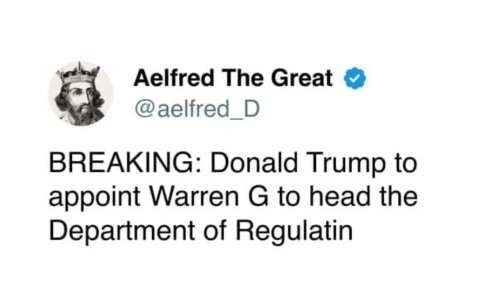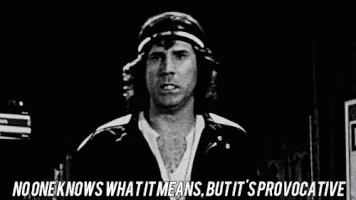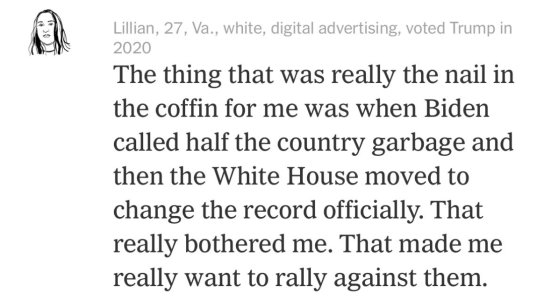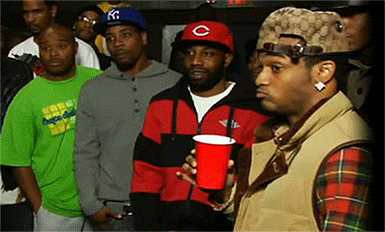A group of conservative House lawmakers have begun drafting a resolution that calls for the impeachment of Deputy Attorney General
Rod Rosenstein, the top Department of Justice (DOJ) official overseeing special counsel
Robert Mueller’s Russia investigation.
The impeachment document makes a series of charges against Rosenstein, the latest sign of escalating efforts among conservatives to oust the DOJ’s No. 2 official, according to a copy of the draft obtained by The Hill.
There has been
no indication, however, that Speaker
Paul Ryan (R-Wis.) and other House GOP leaders will act on the measure, having largely remained silent amid calls for his removal by hard-line conservatives.
Conservative members led by Rep.
Mark Meadows (R-N.C.), chairman of the House Freedom Caucus and close ally of
President Trump, drafted the eight articles of impeachment against Rosenstein.
The articles include allegations that Rosenstein violated federal law by refusing to comply with a congressional subpoena over Congress’s efforts to obtain documents about FBI surveillance during the election, intentionally stalling document production for congressional investigations into possible government misconduct, and failing to enforce key laws and protocols.
"[Rosenstein] failed to act on the behalf of the Attorney General by properly supervising the administration of FISA by failing to demonstrate probable cause to believe that targets of surveillance were a foreign power or agents of a foreign power, that a significant purpose of the surveillance was to obtain foreign intelligence information, and that appropriate minimization procedures were in place," according to the third charge.
Count five charges Rosenstein of "knowingly provided misleading statements related to his supervision of the initial Department of Justice investigation into the Trump campaign’s alleged contacts with Russia when he testified under oath before Congress on December 13, 2017 that any involvement FBI attorney Bruce Ohr had in the Russian investigation was without his knowledge."
Meadows, a member of the House Oversight Committee, first hinted that Rosenstein’s future at the DOJ may be on shaky ground during an appearance on CNN last week.
Rosenstein has increasingly become a popular target among hardline conservatives over the last year.
Attorney General
Jeff Sessions recused himself from overseeing the federal probe last year, handing the key to Rosenstein, who has served as the gatekeeper of the special counsel. Mueller is investigating whether there are ties between the Trump campaign and Russia.
Trump has blasted the investigation as a "witch hunt," denying any collusion or coordination between his campaign and Russia.
The president has also blasted Sessions for recusing himself from overseeing the investigation.
While the DOJ has been providing documents to the committees, GOP lawmakers also criticize Rosenstein for slowly turning over documents that Republicans say are key to carrying out congressional investigations into FBI and DOJ decision-making during the 2016 presidential election.
House Judiciary Chairman
Bob Goodlatte (R-Va.) and House Oversight Chairman
Trey Gowdy (R-S.C.), however, announced last week that they had
reached a deal with the DOJ about producing records, although they would not provide any additional details about the deal despite repeated requests for comment on the matter.
When asked earlier this month if he is seeing a general improvement in cooperation with the DOJ, Gowdy replied, “definitely.”
Democrats have
repeatedly warned that the president may seek to replace the top two Justice Department officials with lackeys, who can then either seek to fire Mueller or curb his ability to run the high-profile investigation.
Firing Rosenstein and putting in a Trump loyalist would be like putting Mueller in a “straightjacket,” Rep.
Jamie Raskin (Md.), a senior Democrat on the Judiciary committee, said during a press conference last month.
While the GOP base could strongly support efforts to impeach Rosenstein, such a move also risks alienating moderate and independent voters during the upcoming 2018 midterm elections.
The Washington Post first reported the draft, which it it says will not likely receive enough support in Congress.
A DOJ spokesperson declined to comment on the charges in the draft.
A spokesperson from Ryan's office did not immediately respond to a request for comment on the matter.


 ,always love the candor coming out whenever these fools are on their way out
,always love the candor coming out whenever these fools are on their way out









